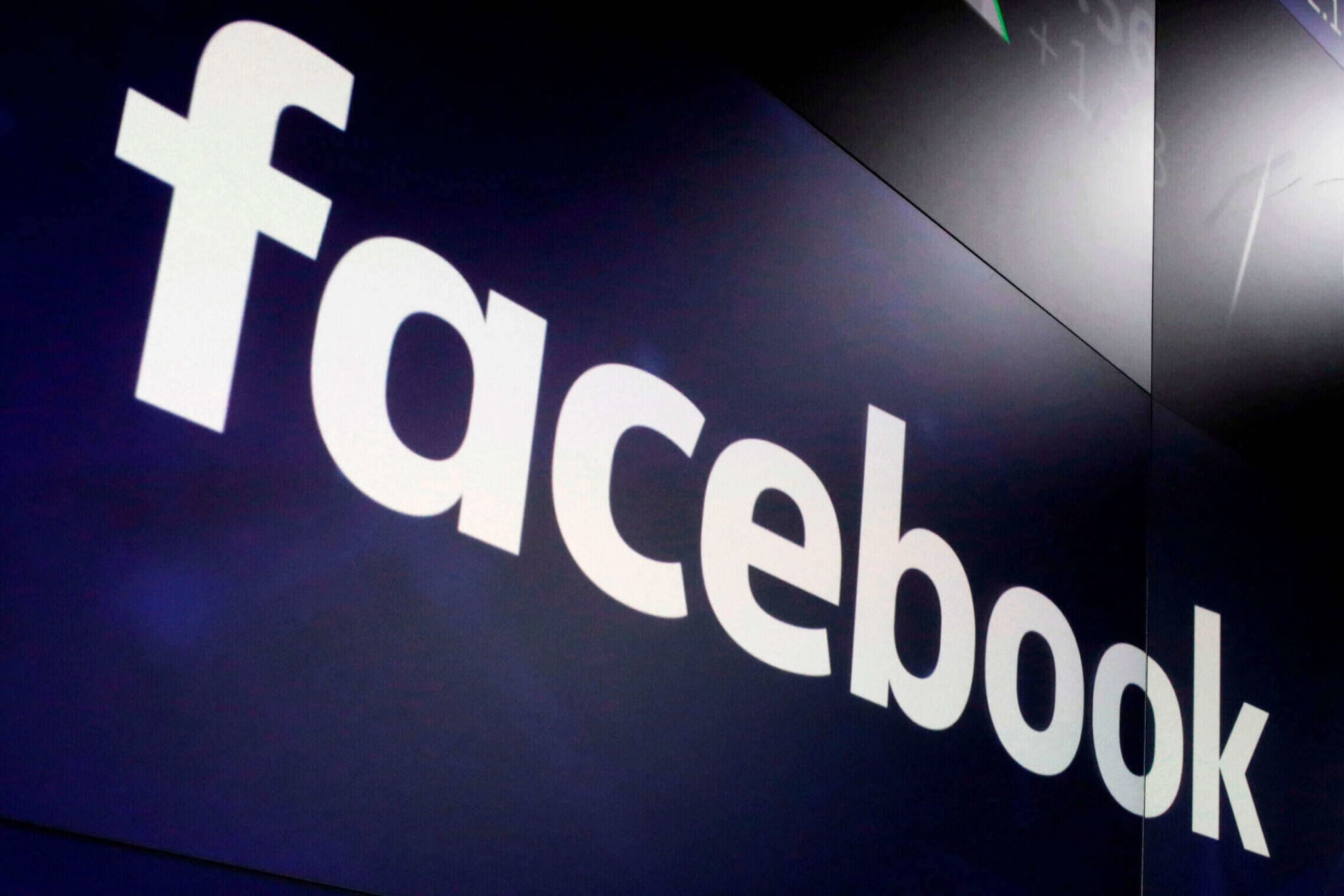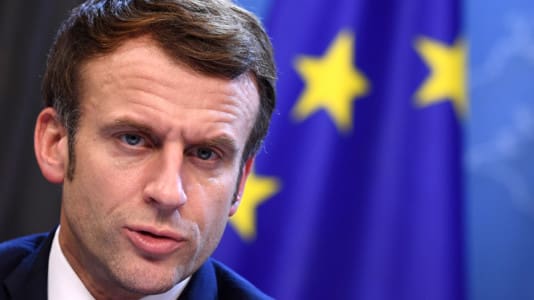Facebook blocked the official page of the Polish right-wing Confederation party on Wednesday, with the social media platform stating that the page had broken rules concerning information on Covid-19.
The page was followed by over 670,000 people, making it the largest political party fanpage in Poland. In comparison, the Law and Justice (PiS) and Civic Platform (PO) pages have only around 300,000 followers each.
Poland’s plenipotentiary for cybersecurity issues, Janusz Cieszyński, informed that the government officials were told in advance by Facebook’s representatives about their decision concerning Confederation.
“I have received information that Meta [Facebook’s parent company] plans to take down the Confederation’s fanpage. We may have different views, but there is no permission for some being more equal than others online,” he wrote on Twitter.
Cieszyński explained that “while Facebook claimed it was banning the page for Covid-19 disinformation there were several other pages on the platform which spread such disinformation and Facebook continued to profit from them by not banning them.”
“When I myself reported those pages, Meta responded that their manipulative content was okay,” added the Polish government official.
Confederation politicians are outraged by the social media platform’s decision.
“This is an attempt to interfere with democracy. It is necessary to finally pass the draft bill which protects freedom of speech online which was proposed by Deputy Justice Minister Sebastian Kaleta many months ago,” said one of the party’s leaders, Krzysztof Bosak. He also pointed out that Meta had contacted the Polish government and not the Confederation, to which it had not issued as much as a warning.
The Confederation’s press office director Tomasz Grabarczyk declared on Twitter that: “Facebook has just allowed itself to interfere with Poland’s political scene. We will not leave this without a response.”
Anna Bryłka, a lawyer associated with the Confederation and National Movement, emphasized that Facebook was looking for pretexts to take down the page. “For giving truthful information, for quoting Polish government information, for defending Poland’s good name on the international arena, we received warnings and had our posts removed,” she said.
In her opinion, the ban was an interference with the election process in Poland and amounted to censorship.
In recent surveys, researching political support for parties in Poland, the Confederation is polled at between 6 to 10 percent.
Facebook has focused its censorship efforts on right-wing parties in the past, including bans on former U.S. President Donald Trump. Within the Central Europe region, Facebook has also banned Hungary’s Our Homeland party.






